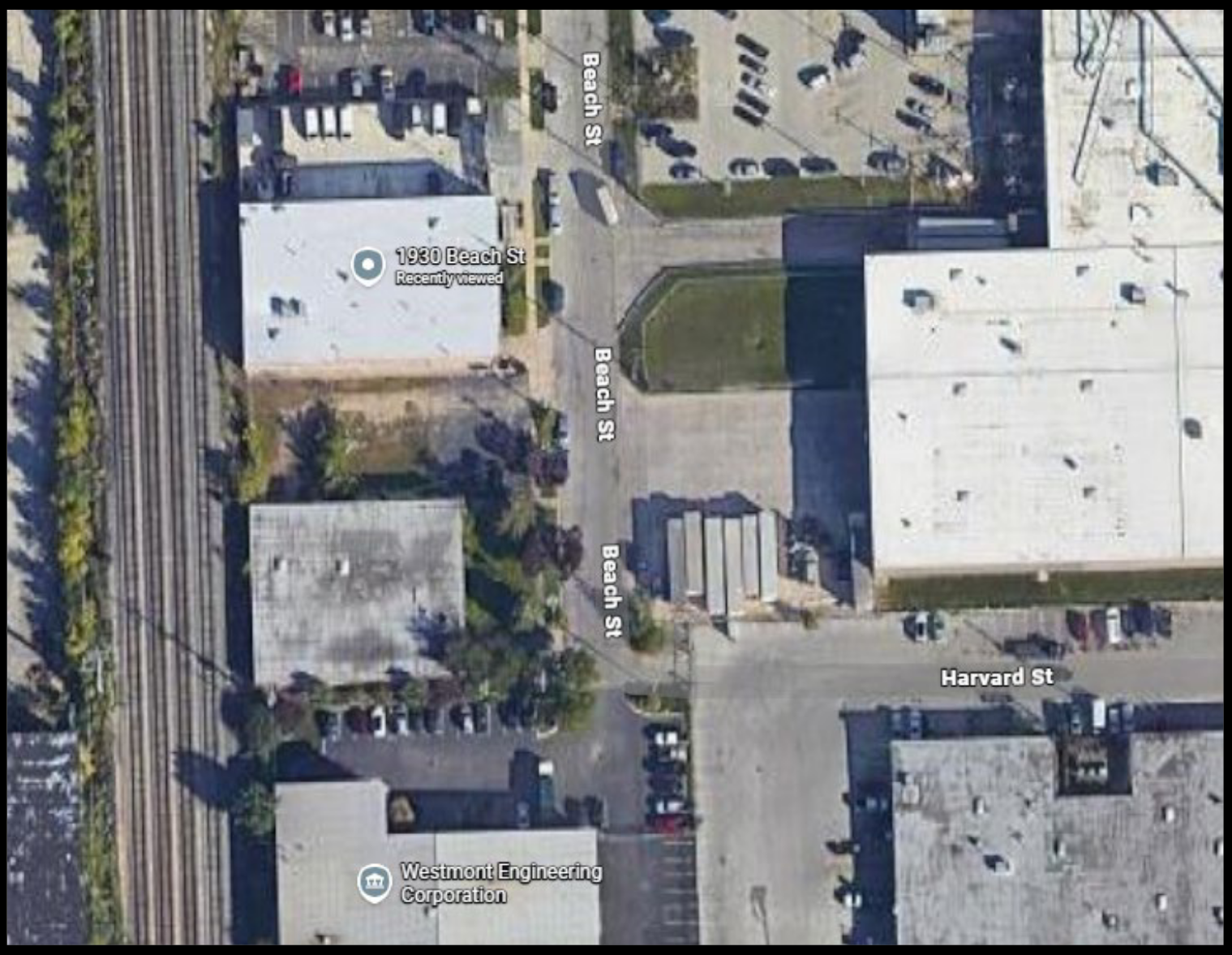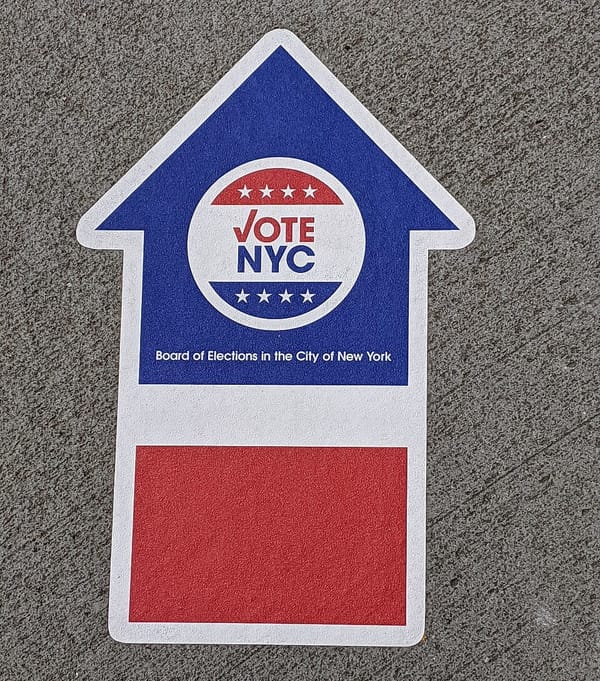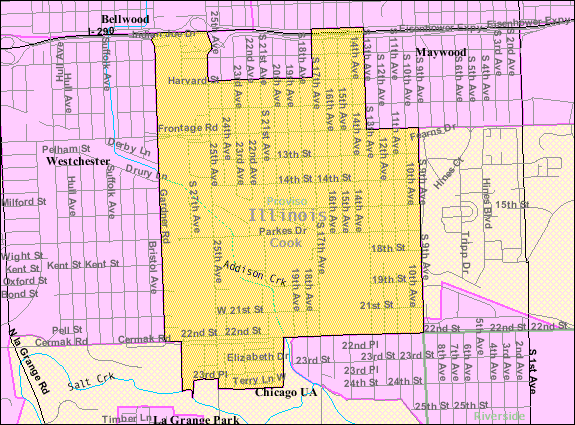Broadview protestors seek cease-and-desist on mayor's restrictions with ICE fence set for removal
“State and local officials have now responded and provided” the crowd control requested by ICE, per the removal order. Residents want a cease-and-desist for the mayor's "clearly unconstitutional" protest policies.

According to Fox 32 Chicago, the Village of Broadview and the Department of Homeland Security (DHS) agreed Friday afternoon on terms for removing the fence, which DHS built around the Broadview detention facility in violation of local law. Bulldozers were in position Monday morning to potentially begin the teardown, which is to be completed by Tuesday at 11:59pm.
The agreement was filed after an Illinois district judge ordered the fence be removed and the parties to submit an agreed order on implementation details.
The order was granted because the court found that DHS’s construction of the fence has a high likelihood of exceeding their statutory authority, that it does irreparable harm to the public, and that this public harm weighs more heavily than any harm to DHS from its removal.
The court’s assessment of the relative lack of harm to DHS was based primarily on Broadview mayor Katrina Thompson’s restriction of protests to certain “zones” and times of day. The restrictions are “clearly unconstitutional” violations of residents’ First Amendment rights, according to legal analysts as well as the ACLU.
According to CBS News, residents are seeking a cease-and-desist against the mayor's executive orders.
Thompson enacted the restrictions due to what she described as “enormous disruptions in the quality of life for my residents” due to the protests. She felt they were “needed to help people who live in Broadview feel safe and return to some sort of normalcy”, and claimed out of town protestors were disrupting the community.
According to the court ruling, “state and local officials have now responded and provided” the crowd control sought by acting ICE director Todd Lyons in his September 26th letter to Mayor Thompson. The local support undermines the DHS claim that the fence is necessary to prevent harm to their "agents, property, and operations".
While Thompson's protest restrictions may have helped the fence lawsuit, they accelerate ICE activity by freeing agents that would otherwise be assigned to crowd control for use in immigration enforcement actions, a sentiment reflected in residents' comments at Monday evening's Village town hall.





